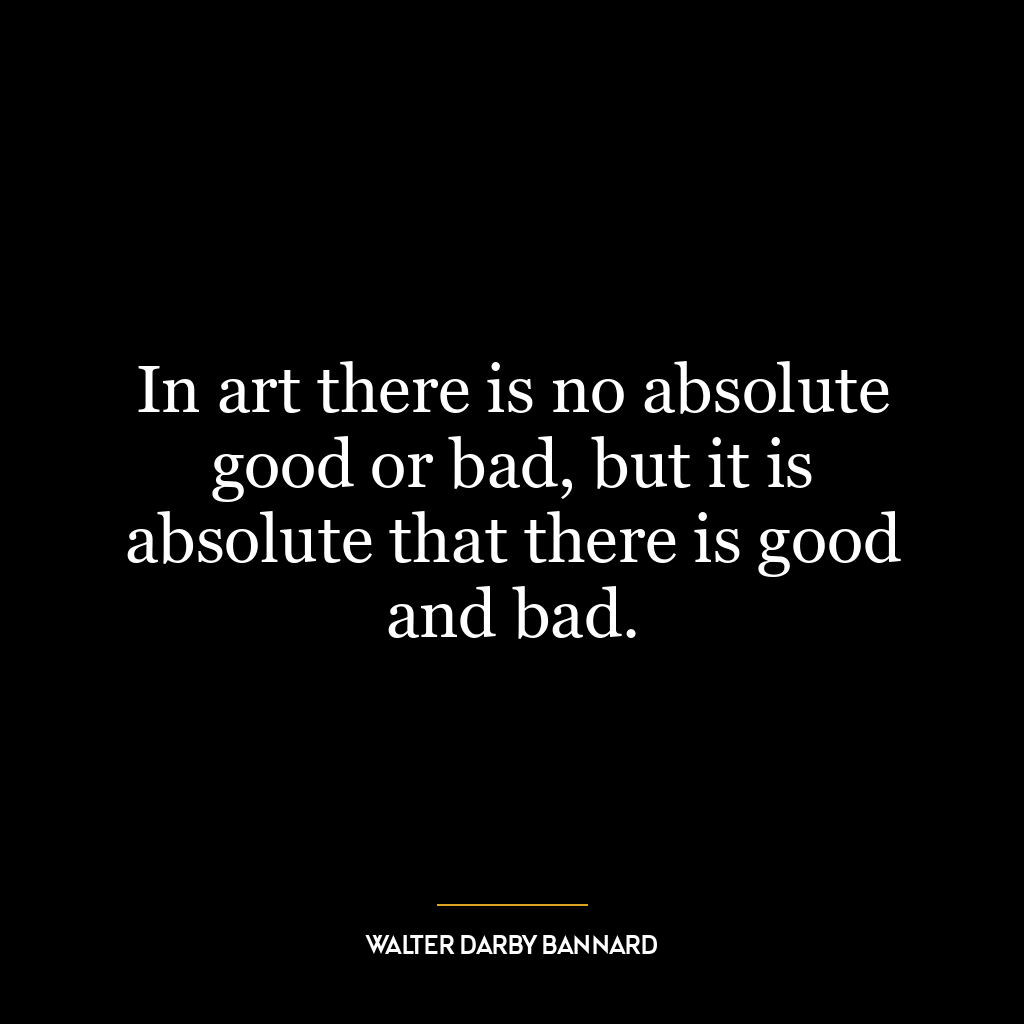'Evaluation' Quotes
Evaluation quotes are powerful statements that encourage individuals to reflect on their actions and decisions. They serve as a reminder to constantly assess and improve oneself. These quotes have been used by leaders, philosophers, and motivational speakers throughout history to inspire and guide p…Read More
Evaluation quotes are powerful statements that encourage individuals to reflect on their actions and decisions. They serve as a reminder to constantly assess and improve oneself. These quotes have been used by leaders, philosophers, and motivational speakers throughout history to inspire and guide people towards personal growth and success. From ancient Greek philosophers like Socrates and Aristotle to modern-day icons like Oprah Winfrey and Steve Jobs, evaluation quotes have influenced and shaped the way individuals think and approach life. They have also played a significant role in shaping societal norms and values. Even today, evaluation quotes continue to inspire and motivate people to strive for self-improvement and excellence.Read Less
Evaluation quotes are powerful statements that encourage individuals to reflect on their actions and decisions. They serve as a reminder to constantly assess and improve oneself. These quotes have been used by leaders, philosophers, and motivational speakers throughout history to inspire and guide people towards personal growth and success. From ancient Greek philosophers like Socrates and Aristotle to modern-day icons like Oprah Winfrey and Steve Jobs, evaluation quotes have influenced and shaped the way individuals think and approach life. They have also played a significant role in shaping societal norms and values. Even today, evaluation quotes continue to inspire and motivate people to strive for self-improvement and excellence.
170 Influential 'Evaluation' Quotations and Sayings
Evaluation is a concept that is often used in various contexts, from personal decision-making to academic research. It is a process of assessing or judging something based on certain criteria or standards. In this article, we will delve deeper into the concept of evaluation as it appears in quotes, exploring its symbolic value, cultural and historical significance, common themes in motivational contexts, portrayal in art and media, and its impact on our understanding of life and society.
Evaluation – Symbolic Value
In many cultures, evaluation holds a symbolic value, representing the idea of measuring or weighing something to determine its worth or value. This can be seen in the use of scales as a symbol of justice and fairness in many legal systems. The concept of evaluation also holds a significant place in religious and spiritual beliefs, where individuals are evaluated based on their actions and deeds in this life to determine their fate in the afterlife.Moreover, evaluation can also hold a symbolic value in personal relationships. For instance, when we evaluate our friendships or romantic relationships, we are essentially assessing their worth and importance in our lives. This symbolic value of evaluation highlights its role in shaping our perceptions and decisions.
Evaluation – Cultural and Historical Significance
The concept of evaluation has played a crucial role in shaping cultures and societies throughout history. In ancient civilizations, rulers and leaders used evaluation to assess the performance of their subjects and make decisions accordingly. This practice can be seen in the use of performance evaluations in modern-day organizations, where employees are assessed based on their work performance.Furthermore, evaluation has also been used as a tool for social control and discrimination. In the past, certain groups of people were evaluated based on their race, gender, or social status, leading to discrimination and inequality. However, with the rise of social justice movements, the concept of evaluation is now being challenged and redefined to promote equality and inclusivity.
Evaluation – Common Themes in Motivational Contexts
In motivational contexts, evaluation is often associated with the idea of self-improvement and growth. It is used as a means to assess one’s progress and set goals for the future. This can be seen in the use of performance evaluations in the workplace, where employees are evaluated to identify their strengths and weaknesses and provide them with opportunities for growth and development.Moreover, evaluation is also a common theme in self-help and personal development literature. The concept of self-evaluation is often promoted as a way to reflect on one’s actions and make positive changes in life. This highlights the motivational aspect of evaluation, where it is used as a tool for self-improvement and personal growth.
Evaluation – Portrayal in Art and Media
The concept of evaluation has been portrayed in various forms of art and media, reflecting its significance in our society. In literature, evaluation is often used as a plot device, where characters are judged or evaluated based on their actions, leading to conflicts and resolutions. In films and television shows, evaluation is often depicted through the use of competitions or talent shows, where individuals are evaluated based on their skills and abilities.Moreover, evaluation is also a common theme in advertising, where products and services are evaluated and compared to others to determine their value and appeal to consumers. This portrayal of evaluation in art and media highlights its role in shaping our perceptions and influencing our decisions.
Evaluation – Impact on Understanding of Life and Society
The concept of evaluation has a significant impact on our understanding of life and society. It shapes our perceptions and decisions, both individually and collectively. In personal decision-making, evaluation helps us assess the pros and cons of a situation and make informed choices. In a broader sense, evaluation also plays a crucial role in shaping public policies and laws, as they are often based on evaluations of societal needs and values.Furthermore, evaluation also impacts our understanding of success and failure. In a society that values achievement and competition, evaluation is often used as a measure of success, leading to a constant need for validation and comparison. This can have both positive and negative effects on individuals and society as a whole.In conclusion, the concept of evaluation holds a significant place in our lives, both symbolically and practically. It has shaped cultures and societies throughout history and continues to play a crucial role in our understanding of life and society. By understanding the various aspects of evaluation, we can use it as a tool for self-improvement and growth, while also being mindful of its impact on our perceptions and decisions.
More Ideas to Explore
























